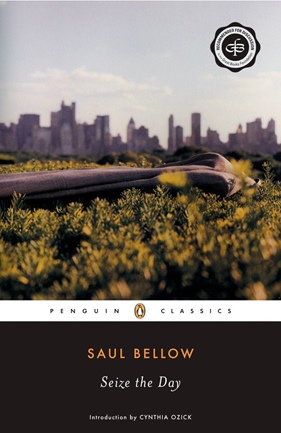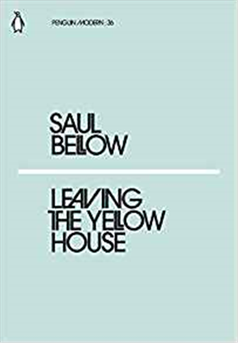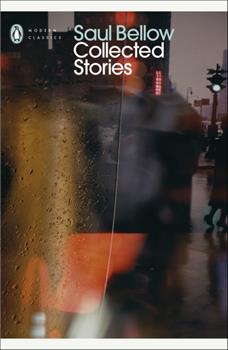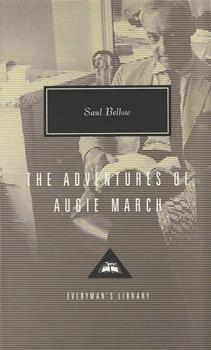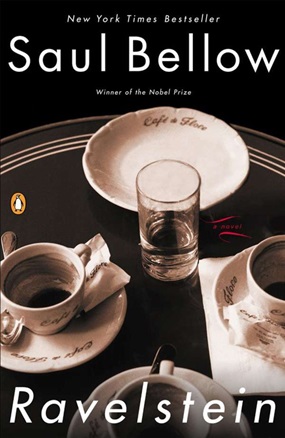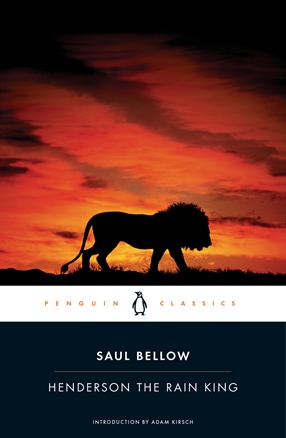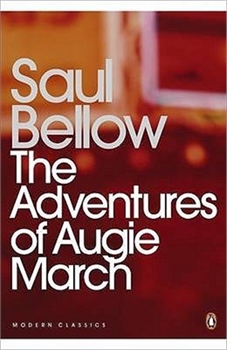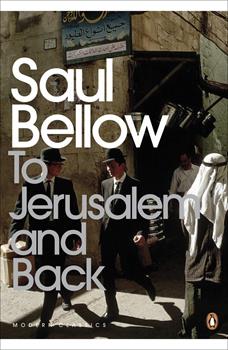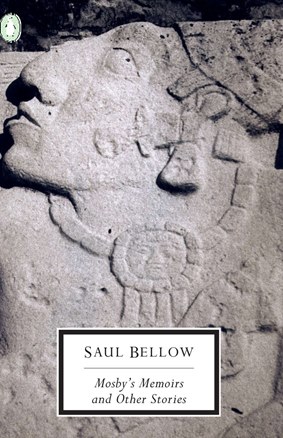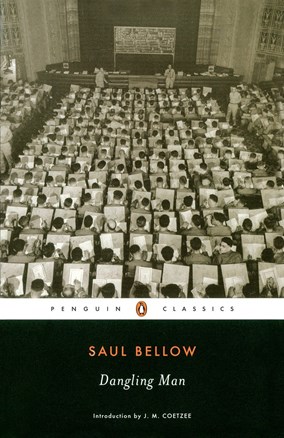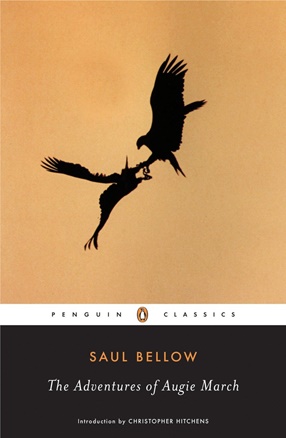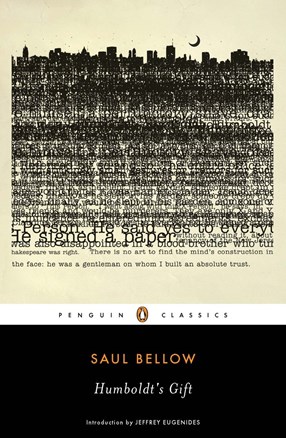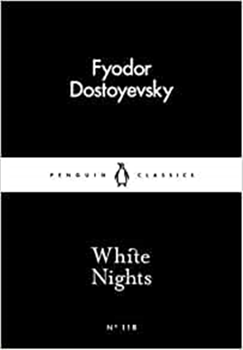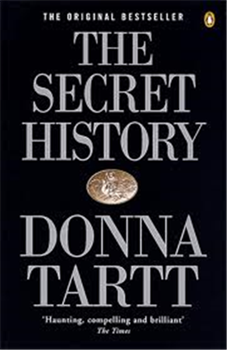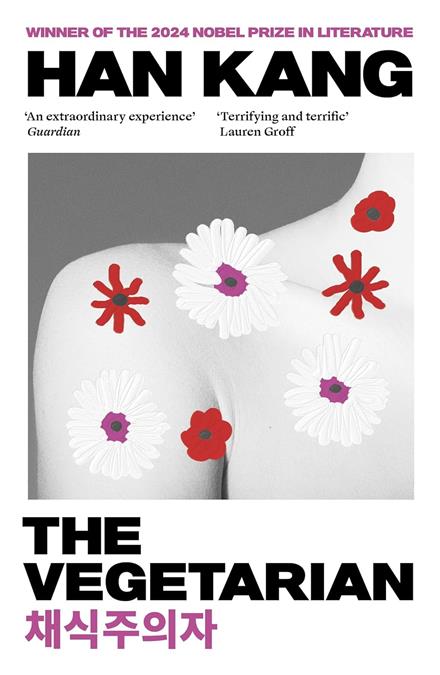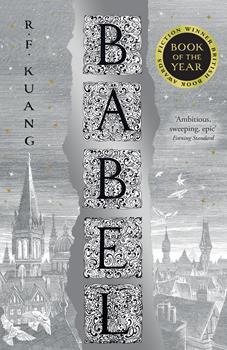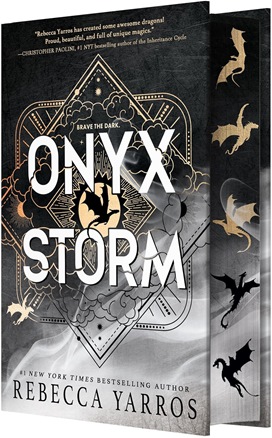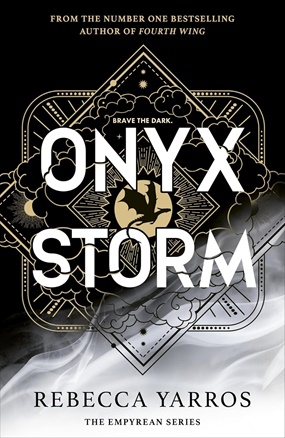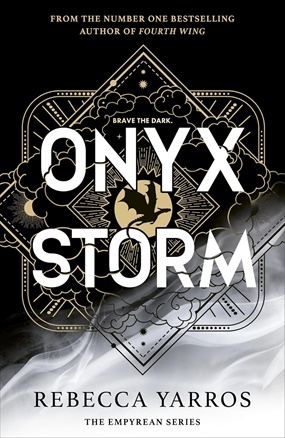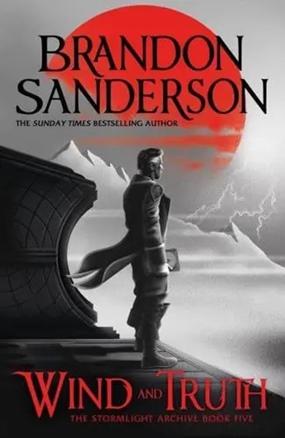Description
“What makes all of this so remarkable is not merely Bellow’s eye and ear for vital detail. Nor is it his talent for exposing the innards of character in a paragraph, a sentence, a phrase. It is Bellow’s vision, his uncanny ability to seize the moment and to see beyond it.” –Chicago Sun-Times
A Penguin Classic
Fading charmer Tommy Wilhelm has reached his day of reckoning and is scared. In his forties, he still retains a boyish impetuousness that has brought him to the brink of chaos: He is separated from his wife and children, at odds with his vain, successful father, failed in his acting career (a Hollywood agent once cast him as the “type that loses the girl”), and in a financial mess. In the course of one climactic day he reviews his past mistakes and spiritual malaise, until a mysterious philosophizing con man grants him a glorious, illuminating moment of truth and understanding, and offers him one last hope….
This Penguin Classics edition contains an introduction by Cynthia Ozick.
For more than seventy years, Penguin has been the leading publisher of classic literature in the English-speaking world. With more than 1,700 titles, Penguin Classics represents a global bookshelf of the best works throughout history and across genres and disciplines. Readers trust the series to provide authoritative texts enhanced by introductions and notes by distinguished scholars and contemporary authors, as well as up-to-date translations by award-winning translators.
About the Author
Saul Bellow was born in Lachine, Quebec, a suburb of Montreal, in 1915, and was raised in Chicago. He attended the University of Chicago, received his Bachelor's degree from Northwestern University in 1937, with honors in sociology and anthropology, did graduate work at the University of Wisconsin, and served in the Merchant Marines during World War II.Mr. Bellow's first novel,Dangling Man, was published in 1944, and his second,The Victim, in 1947. In 1948 he was awarded a Guggenheim Fellowship and spent two years in Paris and traveling in Europe, where he beganThe Adventures of Augie March,, which won the National Book Award for fiction in 1954. Later books includeSeize The Day(1956),Henderson The Rain King(1959),Herzog(1964),Mosby's Memoirs and Other Stories(1968), andMr. Sammler's Planet(1970).Humboldt's Gift(1975), was awarded the Pulitzer Prize. Both Herzog and Mr. Sammler's Planet were awarded the National Book Award for fiction. Mr. Bellow's first non-fiction work,To Jerusalem and Back: A Personal Account, published on October 25,1976, is his personal and literary record of his sojourn in Israel during several months in 1975.In 1965 Mr. Bellow was awarded the International Literary Prize for Herzog, becoming the first American to receive the prize. In January 1968 the Republic of France awarded him the Croix de Chevalier des Arts et Lettres, the highest literary distinction awarded by that nation to non-citizens, and in March 1968 he received the B'nai B'rith Jewish Heritage Award for "excellence in Jewish literature". In November 1976 he was awarded the America's Democratic Legacy Award of the Anti-Defamation League of B'nai B'rith, the first time this award was made to a literary personage.A playwright as well as a novelist, Mr. Bellow was the author ofThe Last Analysisand of three short plays, collectively entitledUnder the Weather, which were produced on Broadway in 1966. He contributed fiction toPartisan Review, Playboy, Harper's Bazaar, The New Yorker, Esquire, and to literary quarterlies. His criticism appeared inThe New York Times Book Review,Horizon, Encounter, The New Republic, The New Leader, and elsewhere. During the 1967 Arab-lsraeli conflict, he served as a war correspondent forNewsday. He taught at Bard College, Princeton University, and the University of Minnesota, and was a member of the Committee on Social Thought at the University of Chicago.
